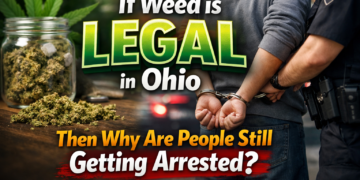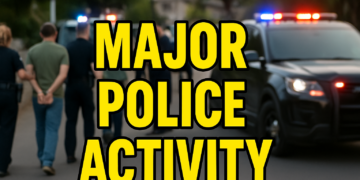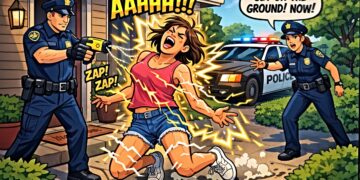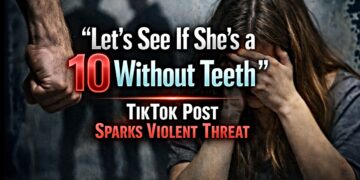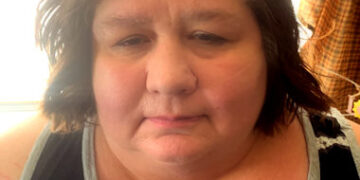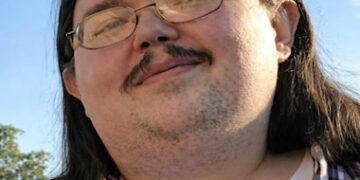Is Prostitution Really a “Victimless” Crime? A Closer Look
Most people consider prostitution to be a victimless crime. Are there truly no victims? In terms of how prostitution affects both men and women, the following should be noted:
1. People overlook real trafficking victims.
Sometimes, the only way someone sees sex trafficking is through the media. You may be familiar with certain trafficking cases, individuals, or videos, but that’s not all there is to human trafficking.
In most cases, this crime does not involve pimps. Instead, it involves a network of people that provide coercion and support for human trafficking.
2. Men can be victims of human trafficking.
Sexual exploitation is primarily a women’s issue. Male victims of this crime often choose to stay silent. The fact that a man has been involved in sex work does not mean that he is not in need of support.
3. Sometimes people turn to prostitution due to substance abuse or mental health issues.
Many sex workers are often homeless, mentally ill, or have a substance abuse disorder.
Women who have been physically and/or sexually abused are far more likely to become sex workers. It’s not uncommon to find women who have been raped, abused, or abused themselves.
4. Some women become involved in prostitution because of their experiences with domestic violence.
Victims of domestic violence often feel like they have nowhere to turn. Prostitution provides a source of income for victims. Unfortunately, if they run away from their abuser, they can be punished by law.
5. These women face a great deal of abuse from their clients.
These women are often abused in ways that people don’t consider—from being drugged, beaten, and raped. Yes, you can rape a prostitute.
The most common practice is to negotiate for one type of sex act and then force them into a more brutal and abusive sexual encounter.
6. Many prostitutes are subjected to racial profiling.
A recent study from researchers at the University of Texas found that African American women are more likely than white women to be arrested, as are low-income women, and women who have been previously arrested.
7. Most prostitutes have children.
It is unfortunate that there are many reports in which the children of prostitutes are neglected, abused, and sometimes even forced to take part in sexual acts.
8. Many prostitutes are exploited for the emotional pain they’ve experienced in their lives.
Some women have experienced traumatic experiences and believe prostitution is a form of therapy.
What Can You Do?
These are some helpful resources for people wanting to get out of the vicious cycle of prostitution.
If you feel that a friend or family member is a victim, please get them to talk to you.
Then, help them get out of the cycle of prostitution by getting them the help that they need.
Resources:
Human Trafficking Support Network






